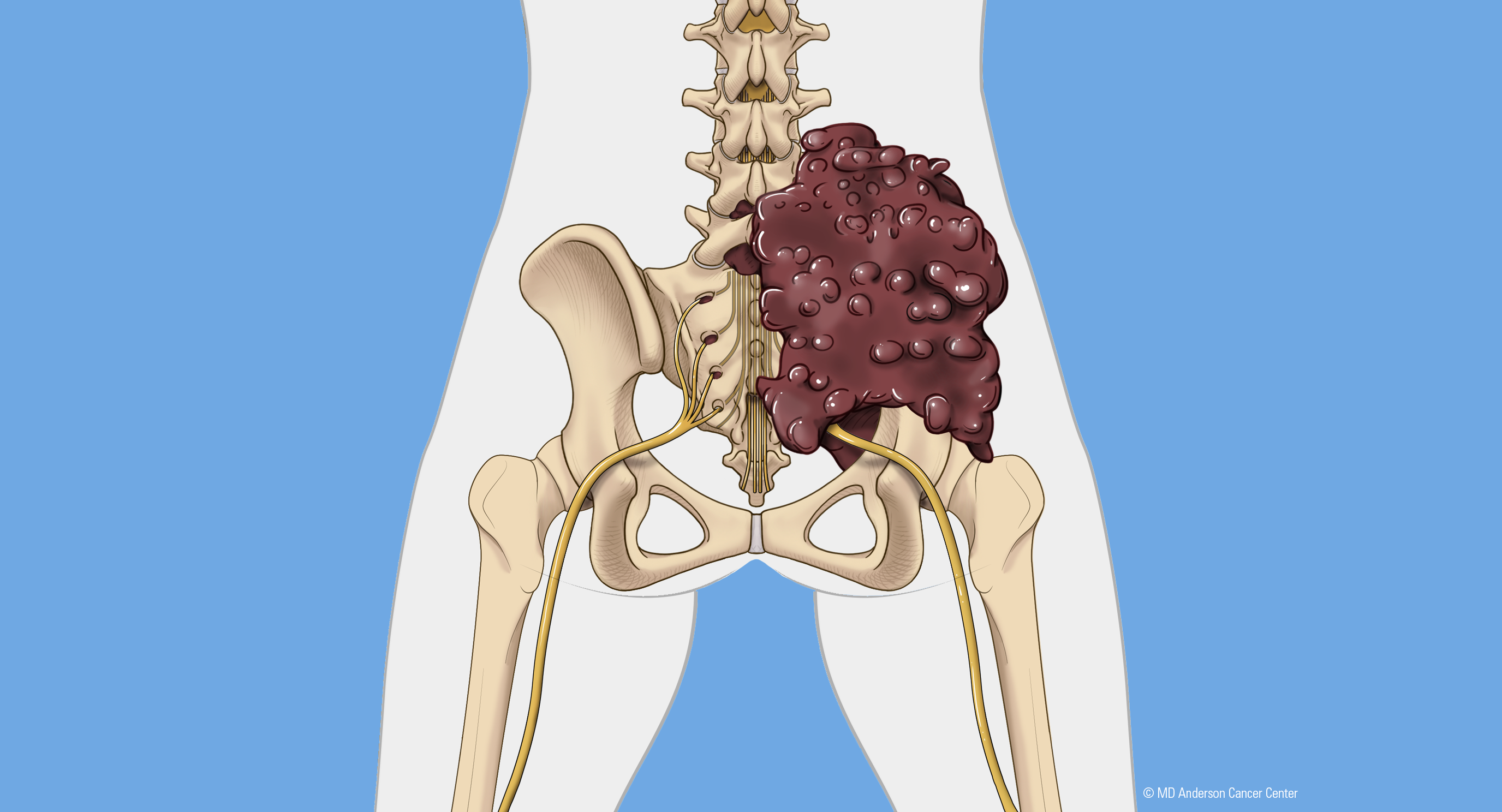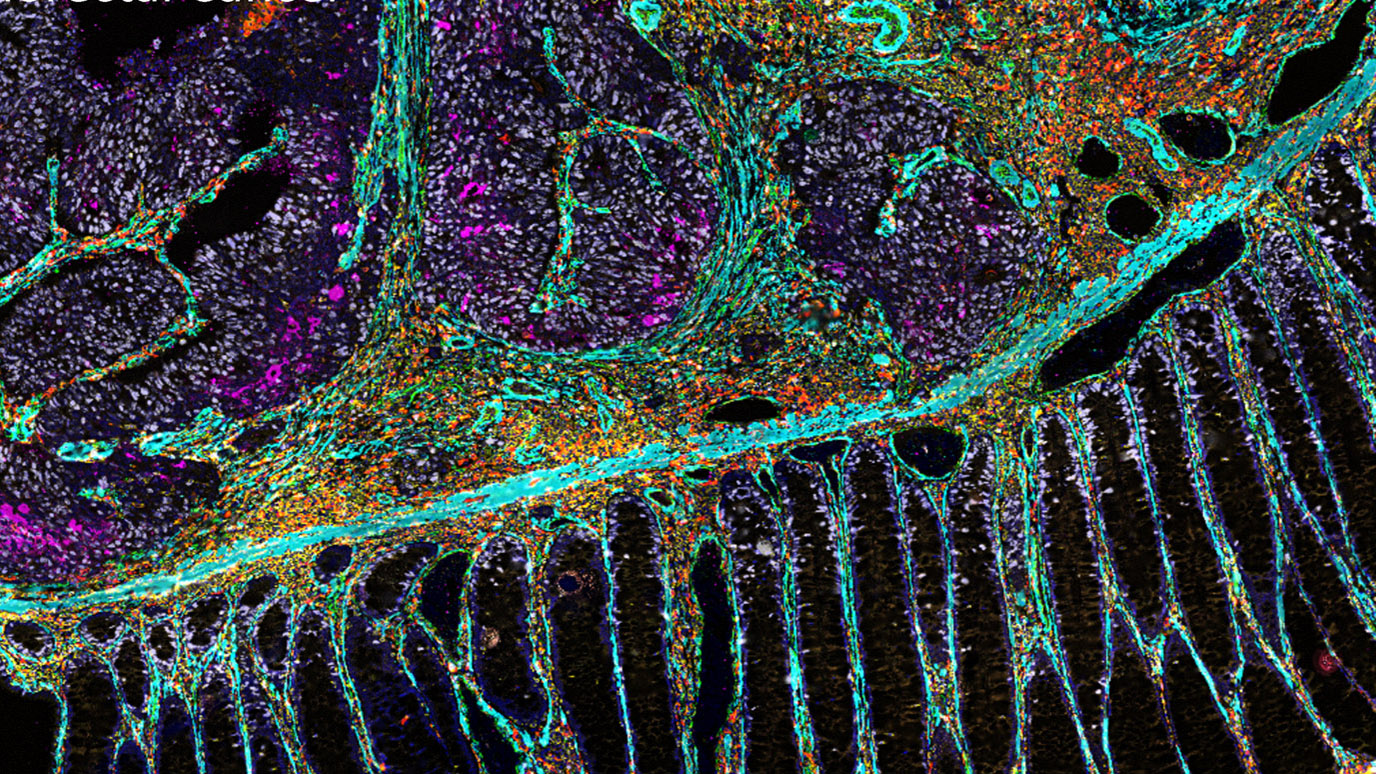- Diseases
- Acoustic Neuroma (14)
- Adrenal Gland Tumor (24)
- Anal Cancer (68)
- Anemia (2)
- Appendix Cancer (16)
- Bile Duct Cancer (26)
- Bladder Cancer (72)
- Brain Metastases (28)
- Brain Tumor (232)
- Breast Cancer (714)
- Breast Implant-Associated Anaplastic Large Cell Lymphoma (2)
- Cancer of Unknown Primary (4)
- Carcinoid Tumor (8)
- Cervical Cancer (158)
- Colon Cancer (166)
- Colorectal Cancer (118)
- Endocrine Tumor (4)
- Esophageal Cancer (44)
- Eye Cancer (36)
- Fallopian Tube Cancer (8)
- Germ Cell Tumor (4)
- Gestational Trophoblastic Disease (2)
- Head and Neck Cancer (12)
- Kidney Cancer (128)
- Leukemia (342)
- Liver Cancer (50)
- Lung Cancer (286)
- Lymphoma (278)
- Mesothelioma (14)
- Metastasis (30)
- Multiple Myeloma (100)
- Myelodysplastic Syndrome (60)
- Myeloproliferative Neoplasm (6)
- Neuroendocrine Tumors (16)
- Oral Cancer (100)
- Ovarian Cancer (172)
- Pancreatic Cancer (160)
- Parathyroid Disease (2)
- Penile Cancer (14)
- Pituitary Tumor (6)
- Prostate Cancer (146)
- Rectal Cancer (58)
- Renal Medullary Carcinoma (6)
- Salivary Gland Cancer (14)
- Sarcoma (238)
- Skin Cancer (296)
- Skull Base Tumors (56)
- Spinal Tumor (12)
- Stomach Cancer (64)
- Testicular Cancer (28)
- Throat Cancer (92)
- Thymoma (6)
- Thyroid Cancer (98)
- Tonsil Cancer (30)
- Uterine Cancer (80)
- Vaginal Cancer (16)
- Vulvar Cancer (20)
- Cancer Topic
- Adolescent and Young Adult Cancer Issues (20)
- Advance Care Planning (10)
- Biostatistics (2)
- Blood Donation (18)
- Bone Health (8)
- COVID-19 (362)
- Cancer Recurrence (120)
- Childhood Cancer Issues (120)
- Clinical Trials (632)
- Complementary Integrative Medicine (22)
- Cytogenetics (2)
- DNA Methylation (4)
- Diagnosis (232)
- Epigenetics (6)
- Fertility (62)
- Follow-up Guidelines (2)
- Health Disparities (14)
- Hereditary Cancer Syndromes (126)
- Immunology (18)
- Li-Fraumeni Syndrome (8)
- Mental Health (116)
- Molecular Diagnostics (8)
- Pain Management (62)
- Palliative Care (8)
- Pathology (10)
- Physical Therapy (18)
- Pregnancy (18)
- Prevention (918)
- Research (392)
- Second Opinion (74)
- Sexuality (16)
- Side Effects (604)
- Sleep Disorders (10)
- Stem Cell Transplantation Cellular Therapy (216)
- Support (402)
- Survivorship (322)
- Symptoms (182)
- Treatment (1786)
Q&A: How cancer caregivers can get better sleep
3 minute read | Published January 30, 2014
Medically Reviewed | Last reviewed by an MD Anderson Cancer Center medical professional on January 30, 2014
Sleep is essential to life.
But restless nights are all too common for cancer caregivers, who may be experiencing stress or caring for a loved one who is also suffering from disrupted sleep.
"Sleep deprivation negatively affects a person's health and quality of life," says Diwakar Balachandran, M.D., MD Anderson Sleep Center medical director. It can cause moodiness, memory troubles and problems focusing. Chronic sleep loss also may lead to weight gain, high blood pressure and a weakened immune system. As a caregiver, it's important to get enough sleep so you can care for your loved ones. A healthy lifestyle and simple behavior changes can do the trick. Balachandran answered some common questions on getting a better night's rest.
How do you know if you are getting adequate sleep?
Studies show people live the longest if they get between seven and eight hours of sleep each night. But some people may do well with less and some need more.
Ask yourself: "Do I feel rested when I awake?" And, "Do I feel alert during the day until it's time to go to bed?" If the answers to both questions are yes, you're probably getting enough sleep.
How does poor sleep affect health?
Sleep affects every bodily system, the function of our cells and almost all our behaviors.
Sleep deprivation causes mood changes, changes in appetite and difficulties with concentration, analytical skill and motor function. Chronic sleep loss causes more severe health problems, such as reduced life spans and an increased risk of death due to cardiovascular disease and cancer. Reduced sleep also affects the immune system, which may make you more susceptible to infections.
Sleep disorders, like sleep apnea, are associated with a higher risk of heart attack, stroke, diabetes, cancer and cancer related death.
What are the most common reasons people have problems falling asleep?
Physical or mental strain commonly leads to insomnia, which is extreme difficulty falling asleep. If insomnia doesn't resolve quickly, it can often persist for a very long time.
Variable sleep times, inability to "shut off" all the ideas and chatter in your mind (or perhaps on the screen in front of you), medications and drugs (especially caffeine), and symptoms of disease such as pain, restless legs and nausea, are common reasons people have trouble falling asleep. Many patients with depression or anxiety disorders also experience difficulty falling asleep.
What can people do to help them fall asleep and stay sleep?
- Go to bed at the same time and wake up at the same time every day. Setting a consistent schedule helps your internal clock know when it's time to go to sleep and when it's time to wake up.
- Make the bedroom environment conducive to sleep. Turn off the TV, computer and distractions that can interfere with sleep. Make the room dark and quiet. Set the temperature to your comfort.
- Develop a bed-time routine. Do the same thing every night before bed to help your body know when to prepare for sleep.
- Don't eat or exercise right before bed. Try to do these activities about two hours before you go to bed.
- Limit the amount of time you spend in bed not sleeping. If you're awake in bed for more than 20 minutes, get up and leave the bedroom. Engage in a quiet activity until you're drowsy.
- Avoid caffeine up to 12 hours before sleep and alcohol three to five hours before sleep.
Related Cancerwise Stories

Sleep depravation negatively affects a person's health and quality of life.
Diwakar Balachandran, M.D.
Physician





